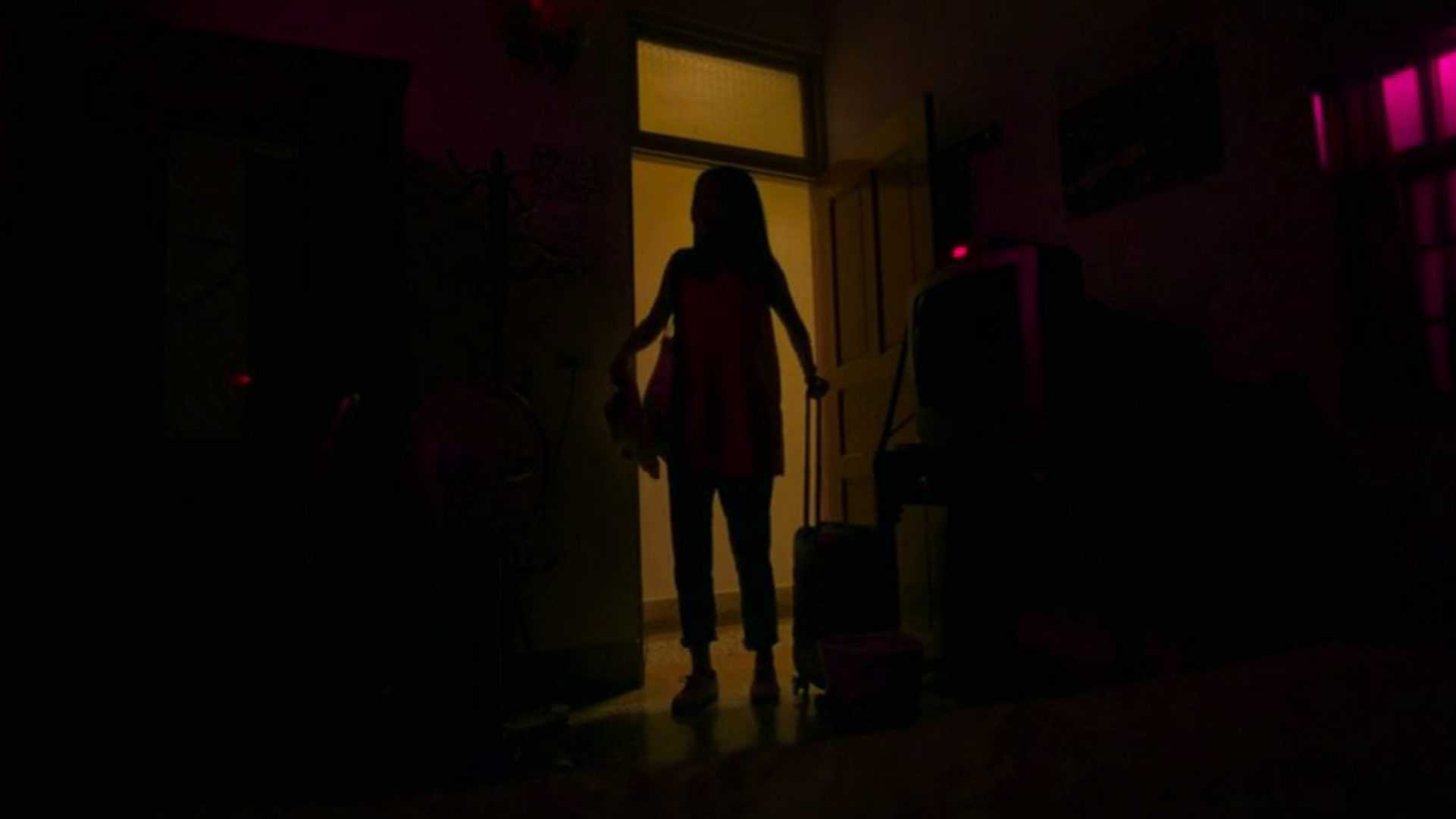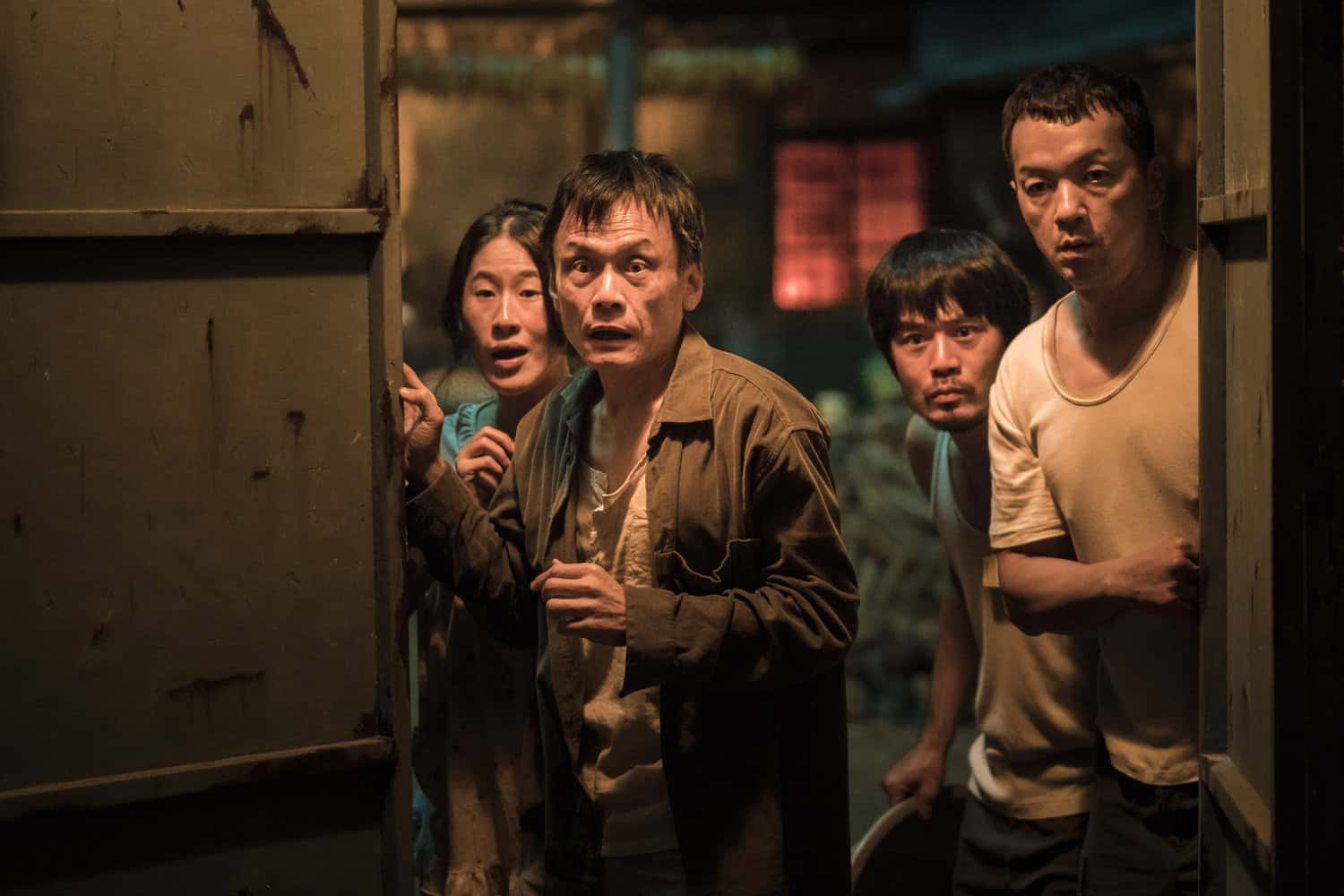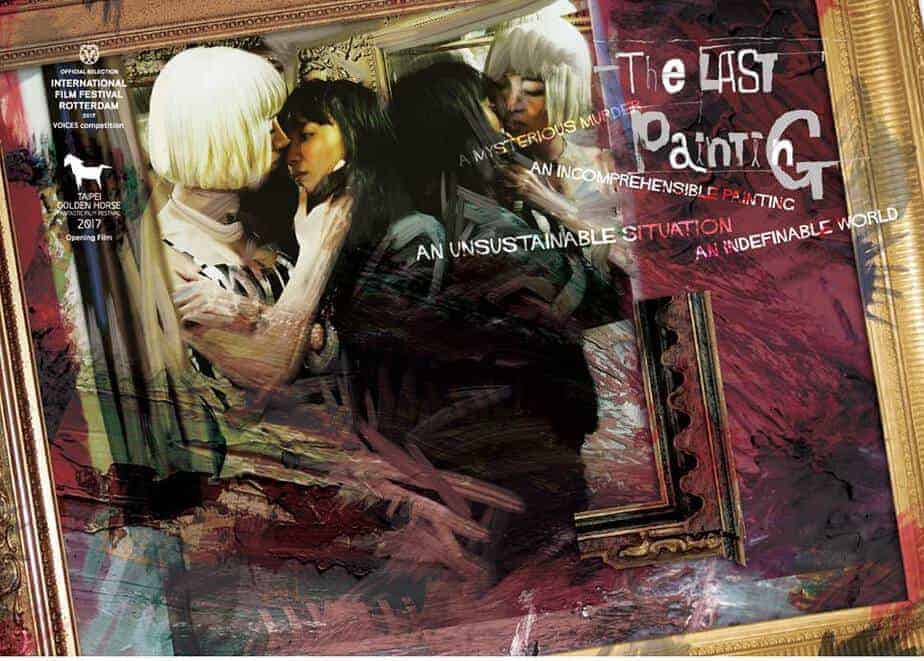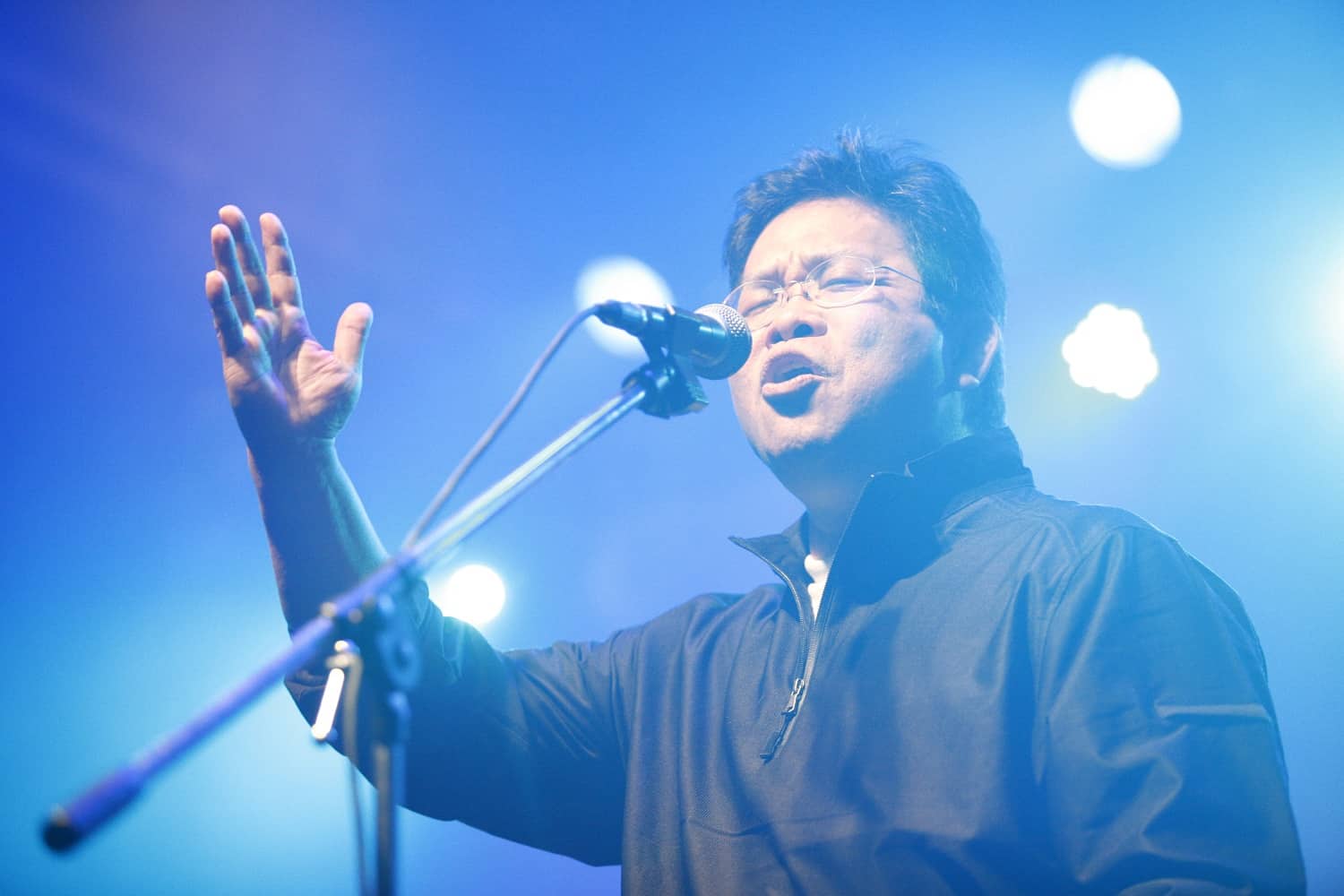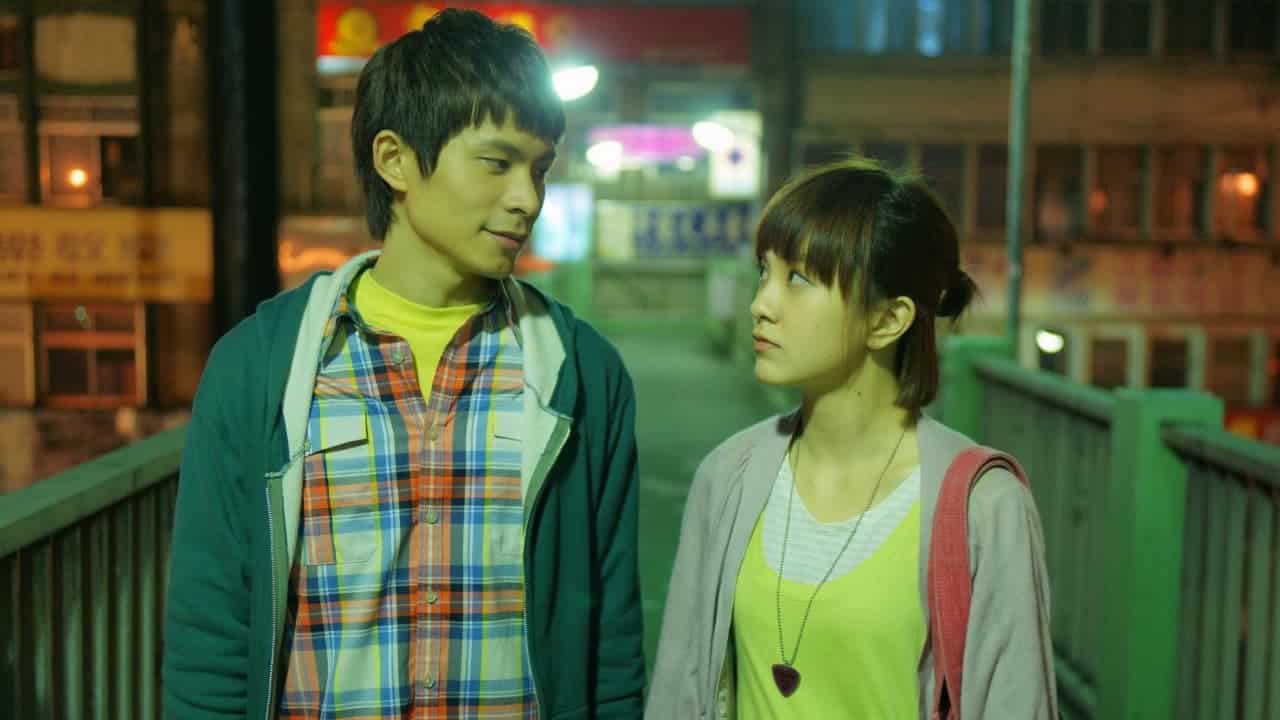Laha Mebow (or Chen Chieh-yao) is something of a pioneer in Taiwanese cinema, in that she is the first female indigenous Taiwanese to work as a director. This is something she wants to show in her work; her 2011 debut ‘Finding Sayun' looking at indigenous Taiwanese during World War II. Her second feature, ‘Lokah Laqi (‘Hang in there, Kids!'), is a coming-of-age ensemble piece following the Sqoyaw tribe living in a mountain farming village.
“Lokah Laqi” is screening at Taiwan Film Festival Berlin

Watan (Buya Watan), Chen-hao (Watan Silan) and Lin-shan (Suyan Pito) are three friends about to start junior high school. They spend their days, however, skipping classes, foraging for fruit, veg and formosan muntjac to sell in town, using their natural wit and charm to con the locals. Led by the happy-go-lucky Watan, the trio are preparing themselves for a life of scrimping and saving, all coming from troubled homes in an area where living poor is τηε standard.
An orphan, Watan lives with his grandmother until his older brother Hu (Shih-huei Tsao) returns to the village to live with them – much to Watan's joy – though he is soon rubbing shoulders with local criminals and wooing teaching assistant En-ya (Sharon Kao). Chen-hao lives with his father, his mother having left them when he was a baby, much to his father's anger. Lin-shan, who dreams of playing in the NBA, is the eldest of four and suffers regular beatings at the hands of his struggling musician father.

They find refuge in their afterschool classes, led by the disabled Miss Lawa (Esther Huang). Once a promising singer, she returned to the village to rebuild her life after a life-changing accident. A school trip to Taipei sees the boys face their hopes and dreams, all of which are personal to themselves, but as Lin-shan's dad notes, dreams and reality are often far apart.

‘Lokah Laqi' is a very simple film. There is little in the way of an overarching plot, more a collection of scenes placed together. There are plot-holes throughout, as things can sometimes fall easily into place for our heroes to arrive at various scenarios, while on their trip to Taipei, the class are whisked on to a radio show, where Chen-hao can make an emotional plea to his Taipei citizen mother and Watan can ask the radio host to play a tape of Miss Lawa singing. The three then simply sneak into Lin-shan's father's gig – so happening to be in Taipei that day – in time for Lin-shan to see his father's emotional plea to his son for forgiveness.
With a largely novice cast and a director making only her second film, there are elements that could be described as naive filmmaking. But this is not such a bad thing. There is a gentle charm running throughout the film, in a world where dreams are high and the harshness of reality is met with a wave and a smile. It is made from the boys' perspective, where anything seems possible, but not to be dwelt upon if failing to materialise. While scenes are perhaps a little cobbled together to form a whole, each scene itself flows naturally, the amateur cast allowed to banter back-and-forth.

This is not an overtly political film, more a gentle showing of indigenous life in modern Taiwan. The economic situation, Christian religious imagery, music and small community closeness are all touched upon, but the strongest point the film communicates is in the older males the three boys have to look up to as role models. Watan's older brother comes across as caring, but is making underhand deals behind his family's back. Chen-hao is close to his father, but his father is also bitter and bears a grudge against his mother still. And Lin-shan has to deal daily with his father's alcoholism – a problem common among indigenous groups.
The young males have weak male role models to look up to, but look up to them with fondness regardless. In that sense, there is something of Taika Waititi's 2010 ‘Boy' in ‘Lokah Laqi'. This is not necessarily a groundbreaking film in terms of theme or style: The camera doesn't role long enough to make this more a natural observation of the tribe, while there isn't enough depth and focus on any one point to give it more political leanings. But cleaning-up at the 2016 Taipei Film Awards and Taiwan's subsequent Oscar nomination, this is, however, continuing Laha Mebow's breaking of new ground in giving a voice to both indigenous and female Taiwanese in film; moving towards making an international name for herself. Be young, dream big.



